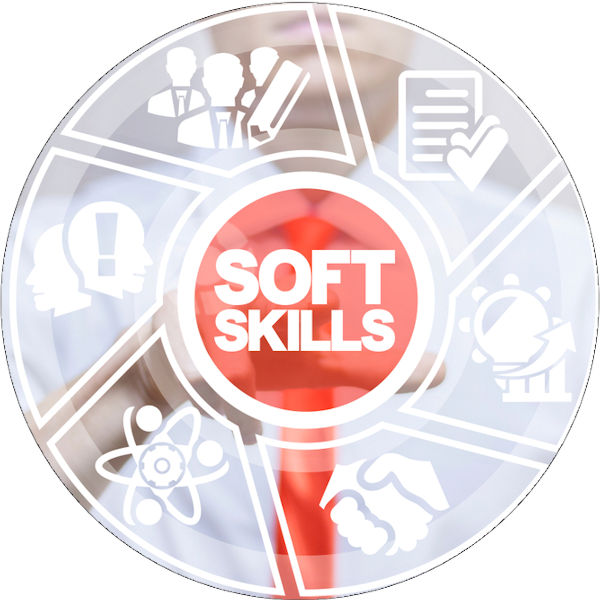Nov 3, 2021, 11:45 AM
by
laurent schwartz

While academic performance, rigour and qualifications play a key role in getting NEETs into employment, the importance of soft skills should not be overlooked; the best academic performance in the world does not guarantee NEETs access to employment, let alone the job of their dreams.
Of course, employers are looking to recruit young graduates with technical skills, but they also want them to have that 'something extra' that makes them suitable for the company: soft skills - those extra competences that cannot be assessed by exams.
Assessing the skills gap
We regularly have students on placement with us - young people who are involved in many local apprenticeship schemes and have even been employed as apprentices - so I have seen first-hand the employability or soft skills gaps that young people have.
Many don't realise that as trainees fresh out of school or university they are actually costing their employers money rather than generating money for the company. They have qualified and understandably (to some extent) think that this means they are more than qualified to fill the role. However, as any employer will tell you, soft skills are often more important than technical skills.
Valued skills
One of the reasons why NEETs are not employed could be attributed to the fact that over "69% of companies believe that secondary schools are not effective in preparing young people for work".
Currently the top five basic skills most valued and therefore sought by businesses are communication (88%), literacy (69%), numeracy (64%), computer skills (56%) and teamwork (53%)". Businesses believe that "...careers advice should include work experience (64%), meeting employers and employees (62%) and linking curriculum learning to careers (45%)".
 Developing the necessary skills
Developing the necessary skillsThere are ways in which training providers can ensure that their students come out of training with the necessary academic skills as well as the necessary soft skills.
Here are some ideas:
Practical courses that are grounded in the real world of business: Courses that show students how to make the best first impression are important. Knowing how to write an impactful CV, create a portfolio or present an idea, for example, are simple tasks, but they are part of the fundamentals of any business. Surprisingly, many students arrive completely unprepared on all these fronts.
Role-playing: Playing out scenarios that students are likely to face in the world of work is incredibly useful. Some examples of scenarios are: accepting criticism constructively, dealing with a difficult customer, suggesting improvements to the company's efficiency in the right way or acting as a representative after the company's customers in a professional manner.
A day in the life of the company:
Arrange for students to do a one-day placement in a local company, ideally one that is customer-facing, so that their general skills are tested in real life. For example, they could be asked to welcome visitors to the company, create a prioritised list of tasks or contribute to a team brainstorm. At the end of the day, the student should receive honest feedback on what they did well and what areas they need to improve. Feedback can include punctuality, behaviour, time management, teamwork, ability to work independently, adherence to dress code and company policies regarding, for example, mobile phone use.
In our view, work experience plays a key role in the development of soft skills. But there are predispositions in each of us that make it easier or harder to acquire these key skills. In this respect, soft skills tests are a good way of taking stock, identifying areas of risk where more vigilance and effort are needed, and detecting latent abilities that will be real assets in attracting a company.